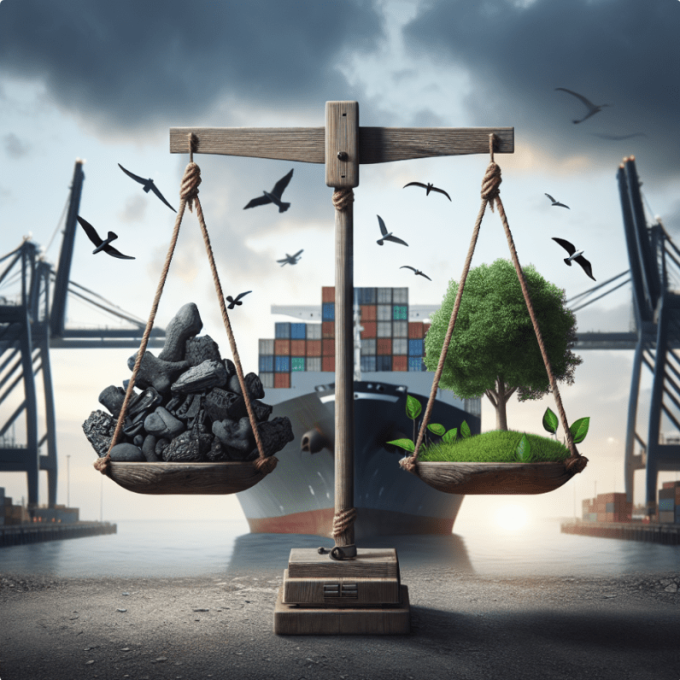Michelle Grose returns home as Maersk's MD/president for Canada
AP Møller-Maersk (APMM) has appointed Michelle Grose as its MD/president for Canada. A native Canadian, Ms ...

Shippers shouldn’t have to choose between “what is cheap, and what is the right thing to do”, according to Maersk’s CCO Karsten Kildahl, as he urged authorities to close the fuel-pricing gap.
On the sidelines of Maersk’s vessel-naming ceremony at the UK port of Felixstowe this week, Mr Kildahl explained: “If I look at our top 200 customers, more than two-thirds of them already have science-based targets for their emissions. And the vast majority of the rest are working on it.”
But ...
Volcanic disruption at Anchorage could hit transpacific airfreight operations
Shippers snap up airfreight capacity to US ahead of tariff deadline
New price hikes may slow ocean spot rate slide – but for how long?
Tighter EU import requirements proving 'a challenge' for forwarders
Supply chain delays expected after earthquake hits Myanmar
Forwarders stay cool as US 'liberation day' tariffs threaten 'global trade war'
Looming Trump tariffs will create 'a bureaucratic monster' for Customs

Comment on this article